Learn how sustainable land management techniques are helping protect Lake Sevan’s ecosystem and promote organic farming in Armenia’s Gegharkunik province.
The Challenge of Lake Sevan’s Ecosystem
Lake Sevan, once known for its clean and transparent waters, is facing a significant challenge. The excessive use of synthetic fertilizers, rich in nitrogen and phosphorus, has led to an increase in algae growth, turning the lake green. This disturbance has had a detrimental effect on Lake Sevan’s ecosystem. However, there is hope for a solution.
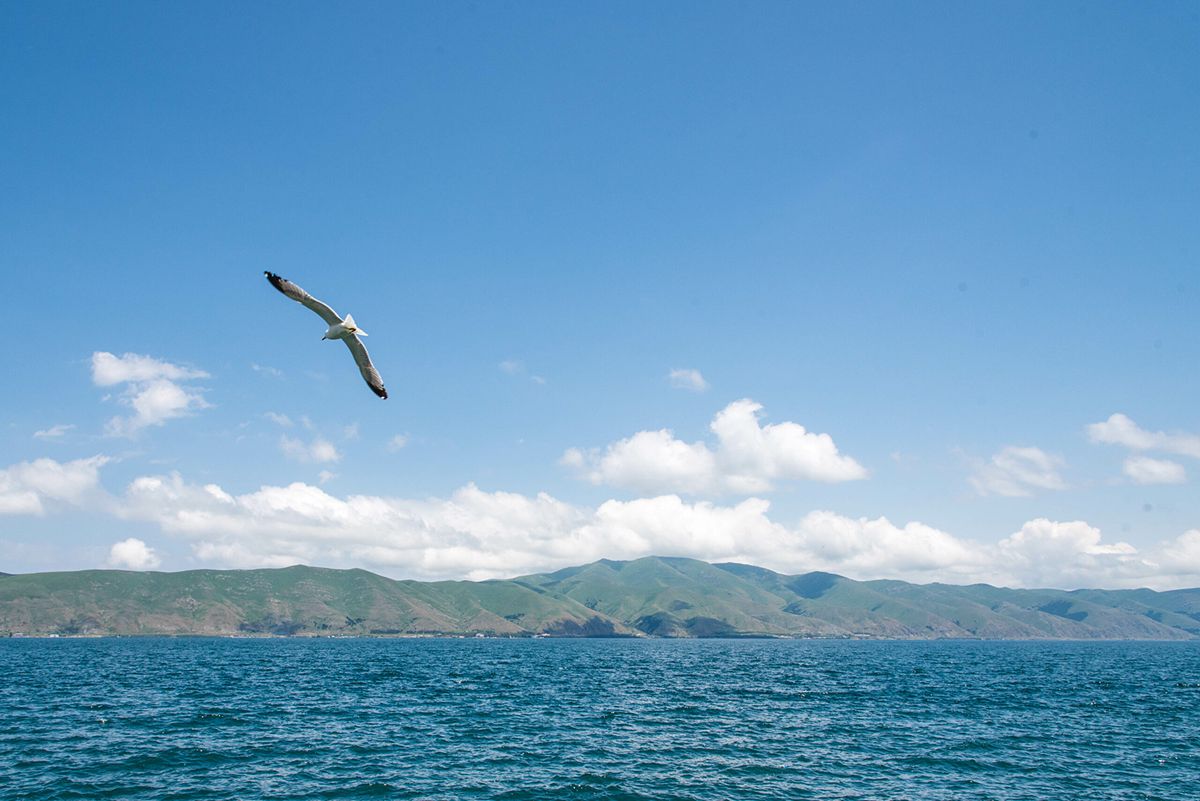
( Credit to: Euneighbourseast )
With the EU4Sevan project and the innovative work of sustainable land management expert Pargev Gharibyan, there is a chance to protect Lake Sevan and restore its pristine condition. By addressing the issue of synthetic fertilizer use and promoting sustainable farming practices, we can ensure the long-term health of the lake and its surrounding environment.
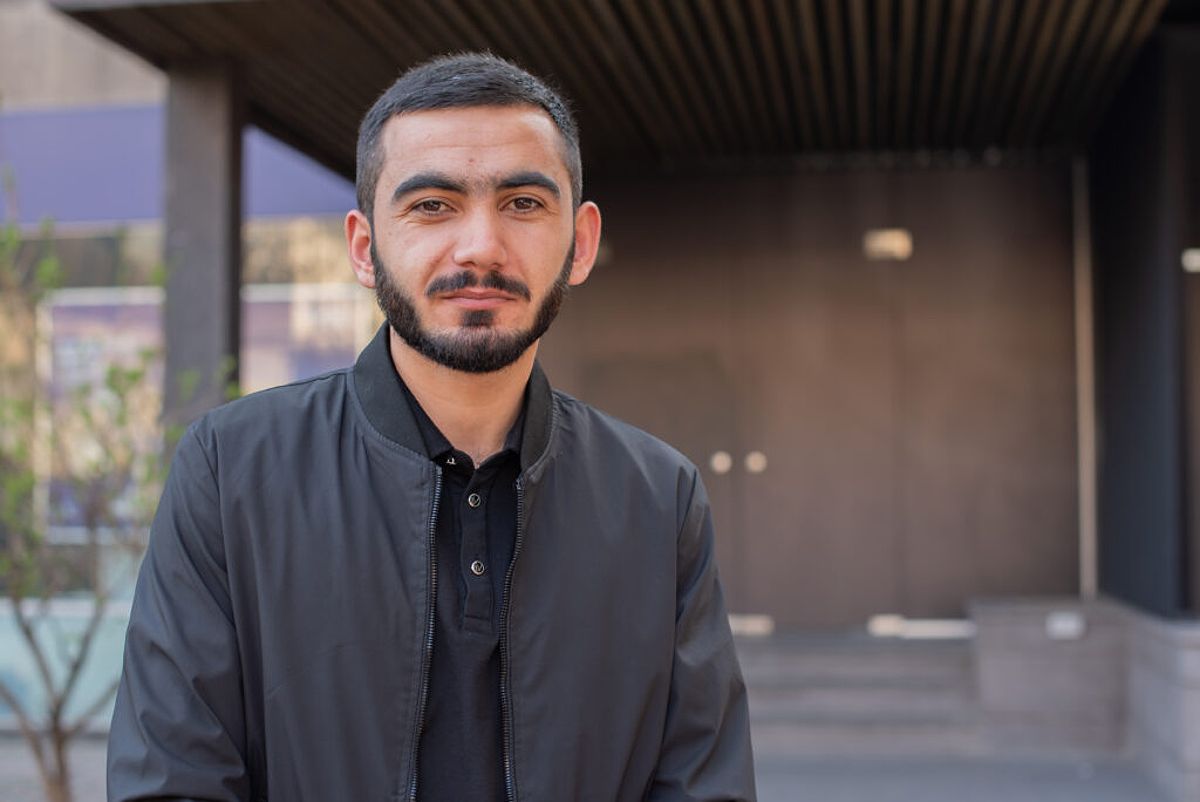
( Credit to: Euneighbourseast )
EU4Sevan Project: Protecting Lake Sevan’s Environment
The EU4Sevan project, launched in 2020 with the support of the European Union and the German Ministry for Economic Cooperation and Development, is a crucial initiative aimed at safeguarding Lake Sevan’s environment. With a budget of €5.2 million, the project specifically allocates €300,000 for the Sustainable Land Management component.
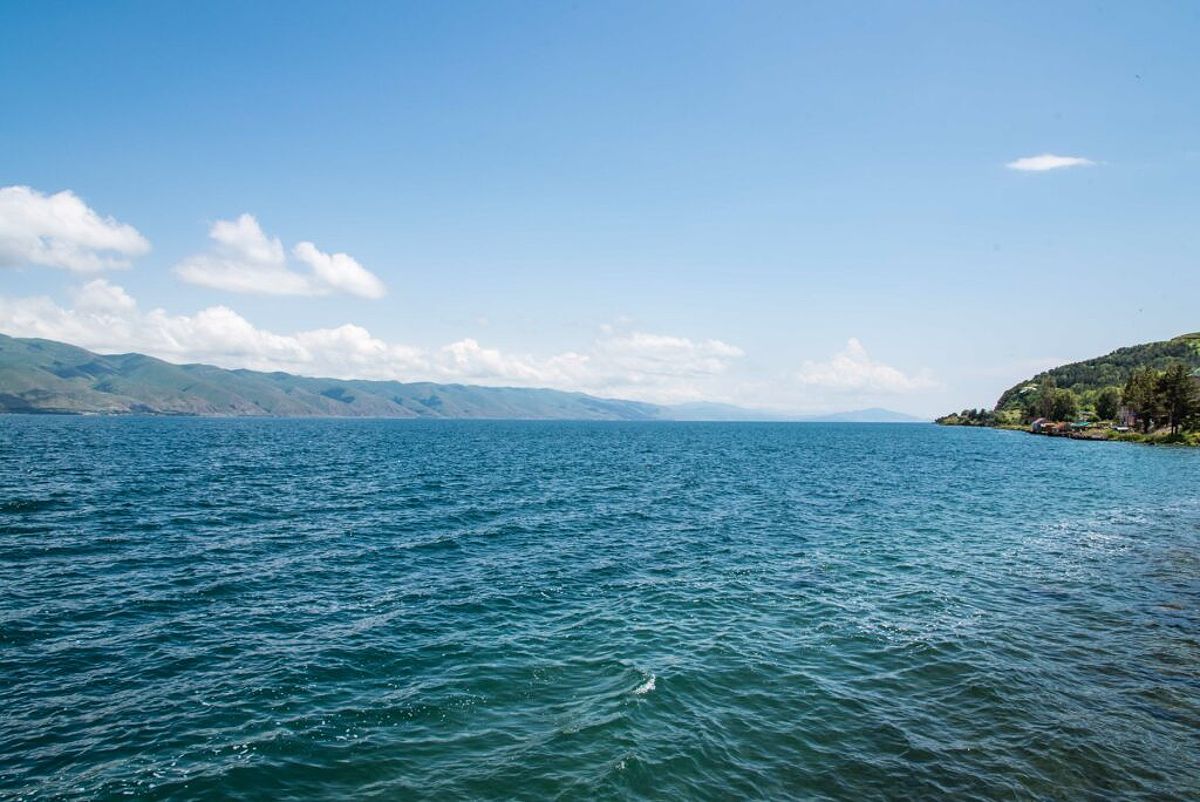
( Credit to: Euneighbourseast )
One of the beneficiaries of this grant is Pargev Gharibyan, a master’s student at the Agrarian University. Through his research and innovative techniques, he has successfully implemented sustainable land management practices to combat the excessive use of synthetic fertilizers and promote a more environmentally friendly approach to farming.
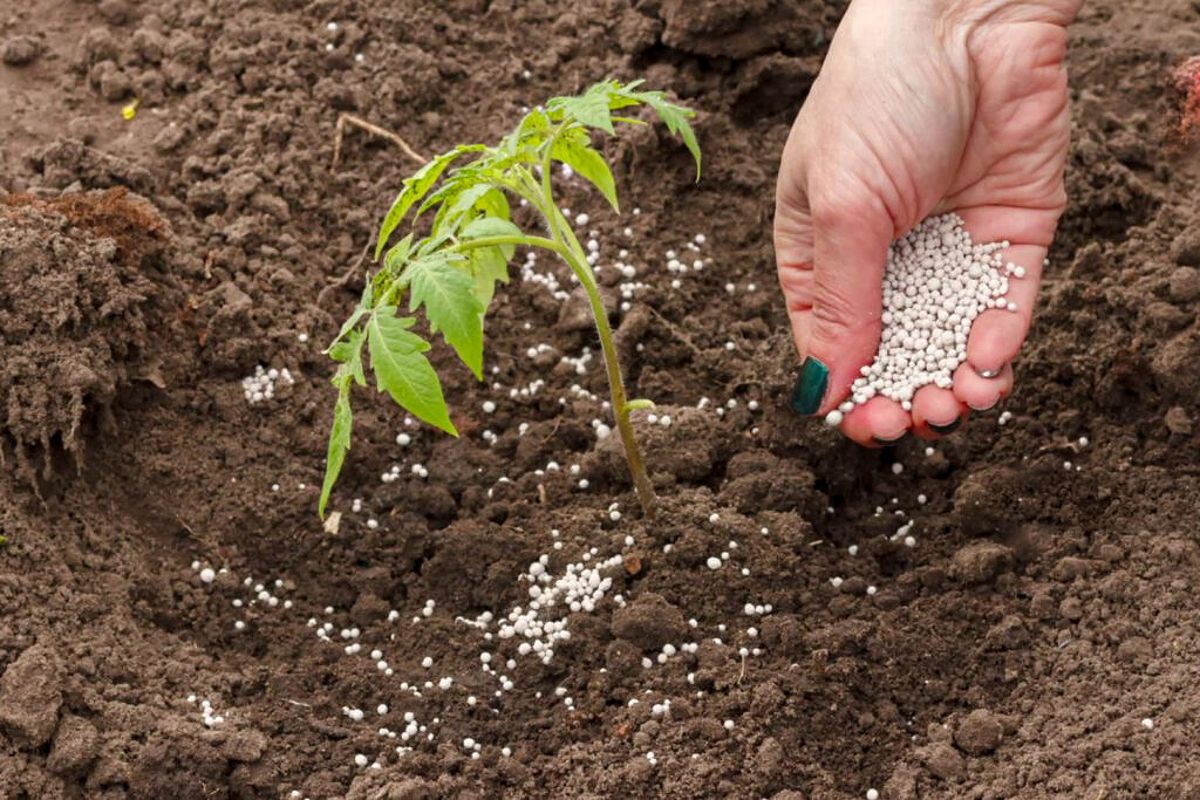
( Credit to: Euneighbourseast )
Implementing Sustainable Land Management Techniques
Pargev Gharibyan’s work focuses on developing a technology that combines organic fertilizers and natural mineral soil improvers. This approach allows farmers to provide plants with the necessary nutrients, such as nitrogen and phosphorus, effectively. By utilizing organic fertilizers instead of synthetic ones, the risk of excess chemicals reaching Lake Sevan through groundwater is significantly reduced, thereby preserving the lake’s delicate ecosystem.
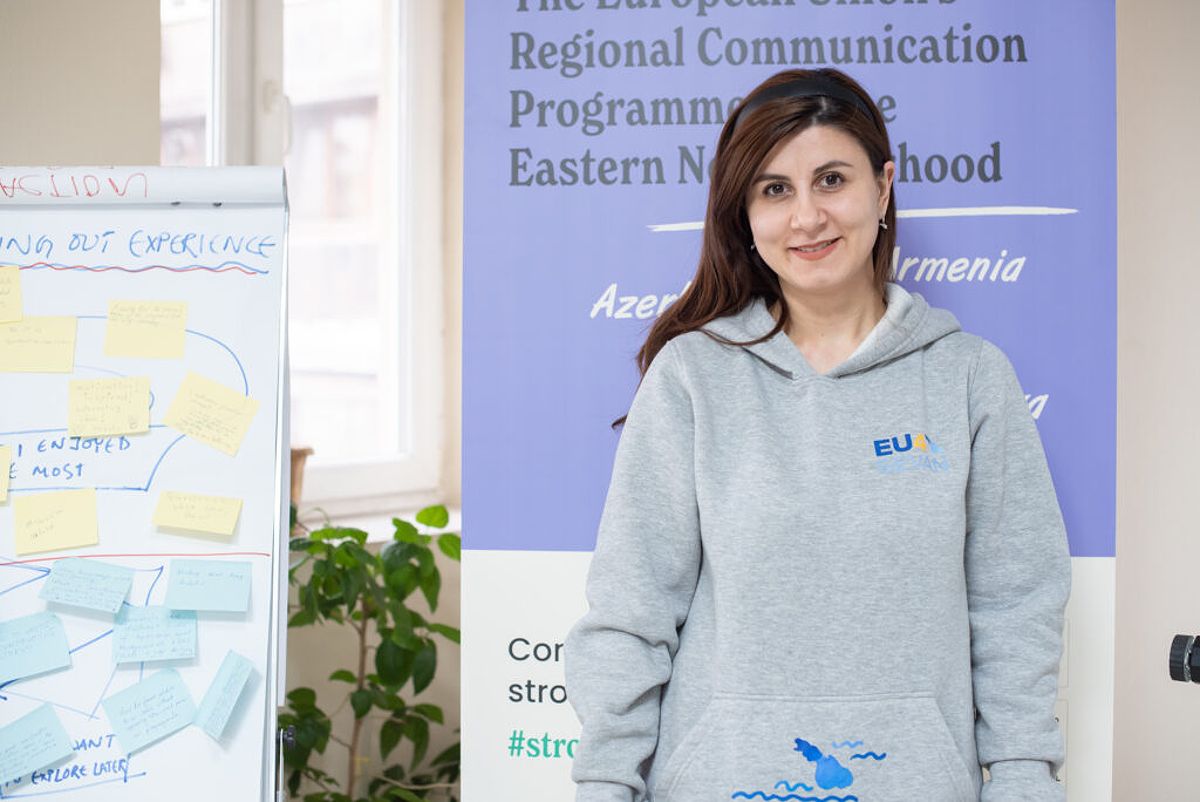
( Credit to: Euneighbourseast )
Moreover, sustainable land management techniques have the additional benefit of water conservation. Natural soil improvers have the ability to absorb excess moisture and gradually release it to plants during dry seasons. This leads to more efficient water usage and reduced irrigation needs, resulting in significant water savings for farmers in the Sevan basin.
Furthermore, the implementation of sustainable land management practices has shown improved crop yields and enhanced product appearance. Organic cucumbers, broccoli, and Brussels sprouts grown using these techniques have higher market value, contributing to a more profitable farming industry.
Overcoming Challenges and Encouraging Adoption
While the benefits of sustainable land management are evident, there are challenges to widespread adoption. Many farmers in Armenia are unaware of organic fertilizers and their benefits, and there is a lack of a culture of buying organic products. However, through education and demonstration of positive outcomes, more farmers are embracing these techniques.
The availability of mineral components like zeolite and bentonite within Armenia makes the technology accessible and cost-effective. By showcasing the success stories of farmers who have implemented sustainable land management practices, we can encourage others to follow suit and contribute to the preservation of Lake Sevan.
State Support and Future Prospects
The state plays a crucial role in supporting sustainable land management practices. Subsidies for irrigation water and collaboration with the Ministry of Economy have been instrumental in promoting these methods. Efforts are also underway to diversify and raise awareness about local production of mineral fertilizers.
By fostering a culture of sustainable farming, Armenia can protect Lake Sevan, promote tourism, and create a thriving agricultural industry that contributes to the country’s overall development.
Conclusion
Thanks to the EU4Sevan project and the innovative work of Pargev Gharibyan, sustainable land management techniques are making a positive impact on Lake Sevan’s ecosystem and the agricultural sector in Gegharkunik province. By reducing the use of synthetic fertilizers, conserving water, and promoting organic farming, Armenia is taking significant steps towards a more sustainable future.
With continued support from the government and increased awareness among farmers and consumers, the preservation of Lake Sevan and the growth of the organic farming market can be achieved, benefiting both the environment and the economy.
